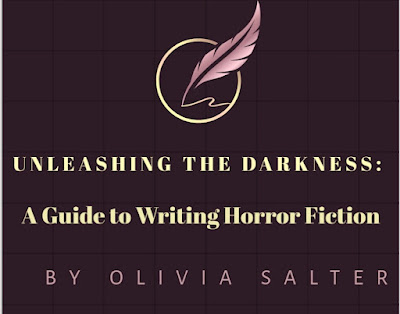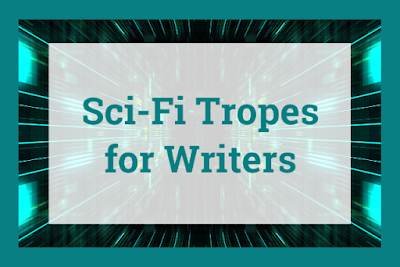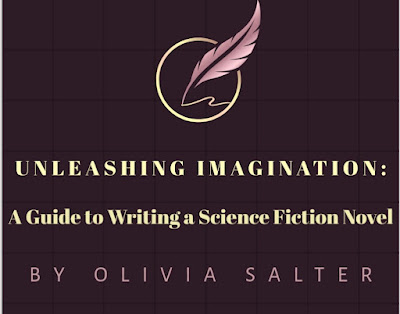The Writing of Fiction
by Edith Wharton
(eBook)
FOREWORD BY OLIVIA SALTER
In the realm of literature, few voices have resonated as powerfully as that of Edith Wharton. Her exceptional ability to capture the essence of human nature through her exquisite prose has solidified her position as one of the most accomplished writers of the twentieth century. With her keen observational skills and razor-sharp insights, Wharton possessed an uncanny talent for dissecting the complexities of society, delving into the depths of the human psyche, and weaving them into stories that continue to captivate and inspire readers today.
It is with great pleasure that I introduce "The Writing of Fiction," a compilation of Edith Wharton's illuminating essays and lectures on the art of storytelling. In this remarkable collection, Wharton generously shares her wisdom and expertise, offering invaluable guidance to aspiring writers and illuminating the creative process behind her own masterpieces. As readers, we are granted an intimate glimpse into the mind of a literary genius as Wharton divulges the secrets of her craft that have enabled her to produce timeless works of fiction.
Wharton's exploration of the craft of writing goes far beyond mere technicalities. She delves deep into the core of storytelling, revealing the vital role that understanding human nature plays in creating authentic and compelling characters. With her astute observations and thoughtful analysis, she imparts invaluable lessons on character development, plot structure, and the art of capturing the nuances of human interaction. Wharton's emphasis on the importance of research and her meticulous attention to detail serve as a reminder of the dedication and commitment required to craft truly remarkable narratives.
Moreover, "The Writing of Fiction" provides a rich examination of the complexities of the writing process itself. Wharton explores the delicate balance between imagination and reality, revealing how the writer's own experiences and observations can serve as a wellspring of inspiration. She highlights the significance of finding one's unique voice and the power of language in communicating profound truths. Wharton's insights serve as an inspiring call to aspiring writers, urging them to embrace the challenge of crafting meaningful stories that leave a lasting impact on their readers.
Notably, "The Writing of Fiction" also includes Wharton's reflections on the ever-evolving role of the writer in society. She raises thought-provoking questions on the responsibilities of fiction writers, the social impact of their narratives, and the ways in which they can shape the world through their art. Wharton's own commitment to addressing social issues in her fiction serves as a testament to her belief in the transformative power of literature.
Edith Wharton's contribution to the world of literature is immeasurable, and her legacy continues to be an influential force in the literary landscape. As readers, we are exceedingly fortunate to have their collection—a treasure trove of Wharton's wisdom and astute observations—in our hands. "The Writing of Fiction" is an indispensable guide for aspiring writers, a source of inspiration for devoted readers, and a testament to the enduring relevance and brilliance of Edith Wharton's work.
May this book serve as a beacon for writers and readers alike, illuminating the path to excellence in the art of storytelling. Let us eagerly embrace the opportunity to learn from one of the greatest minds in the literary world and allow Edith Wharton's profound insights to guide us on our own creative journeys.
About the Author
Edith Wharton (/ˈhwɔːrtən/; born Edith Newbold Jones; January 24, 1862 – August 11, 1937) was an American novelist, short story writer, and designer. Wharton drew upon her insider's knowledge of the upper class New York "aristocracy" to realistically portray the lives and morals of the Gilded Age. In 1921, she became the first woman to win the Pulitzer Prize in Literature, for her novel The Age of Innocence. She was inducted into the National Women's Hall of Fame in 1996. Among her other well known works are The House of Mirth and the novella Ethan Frome. Wikipedia



.jpg)



.jpg)
.jpeg)
.jpg)